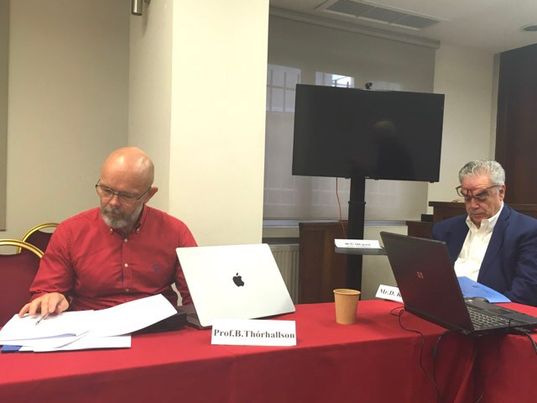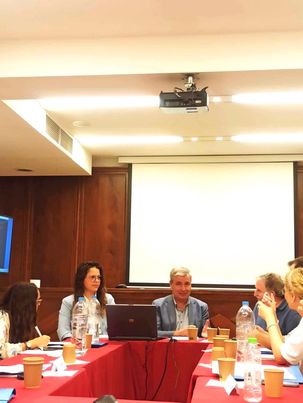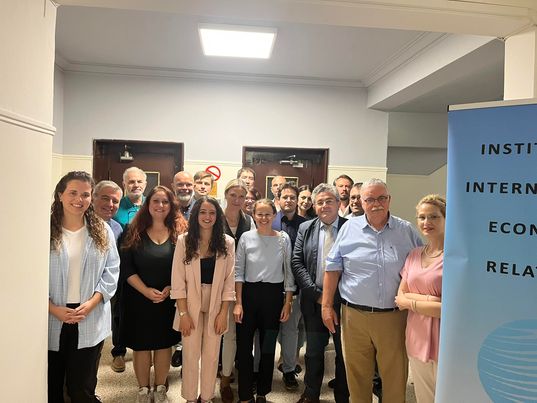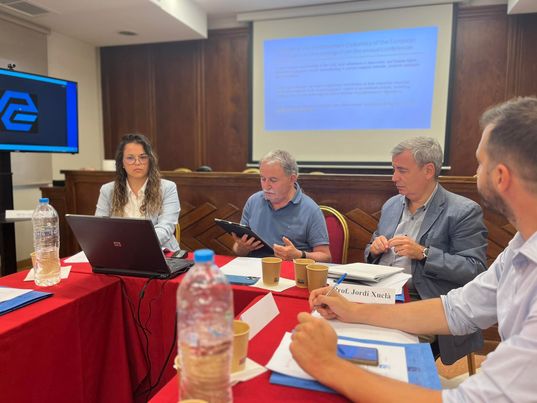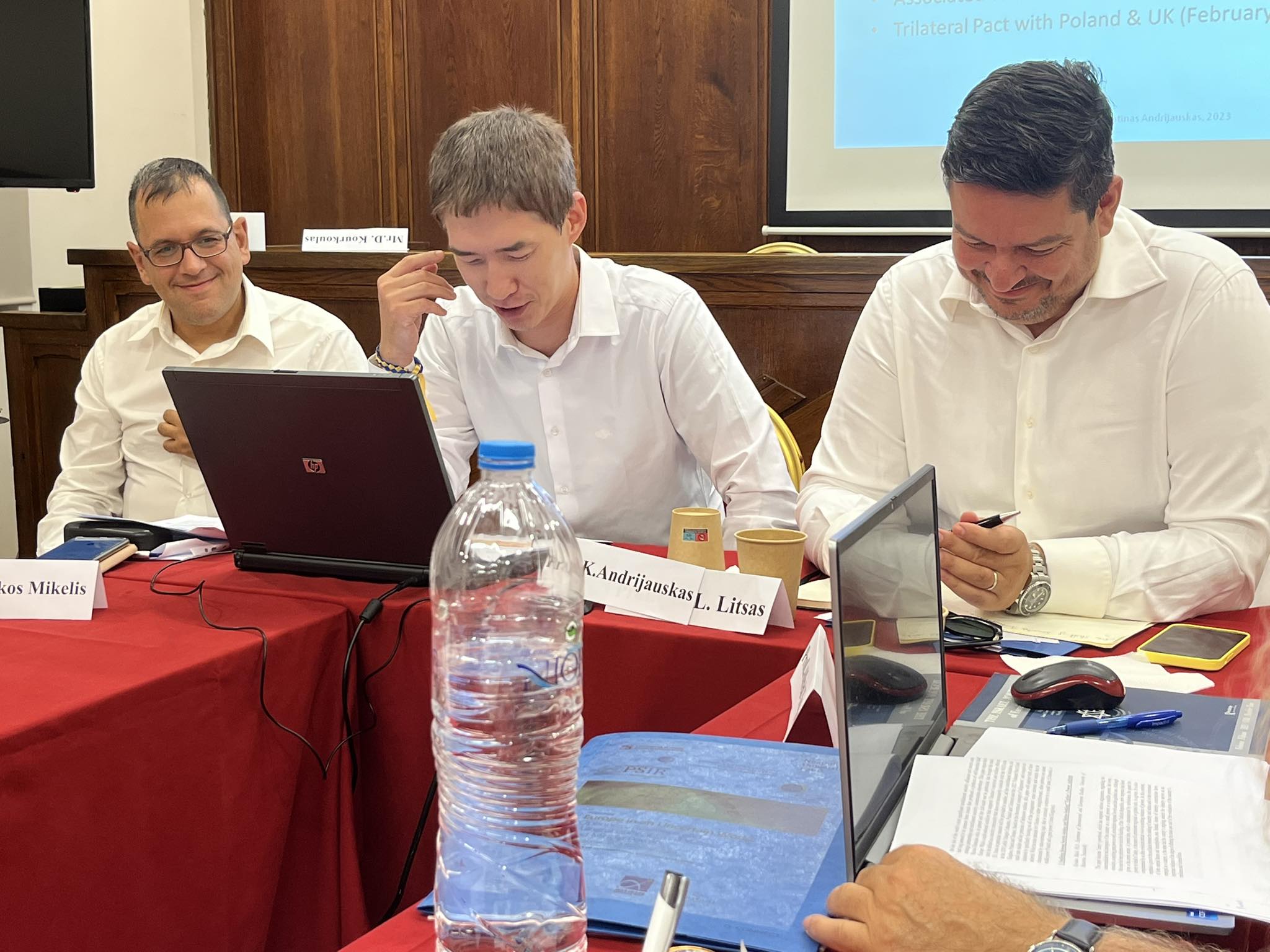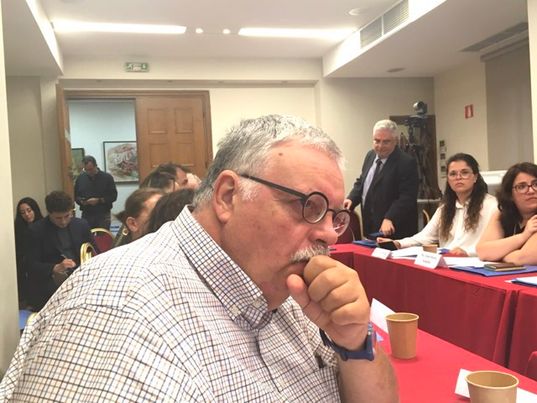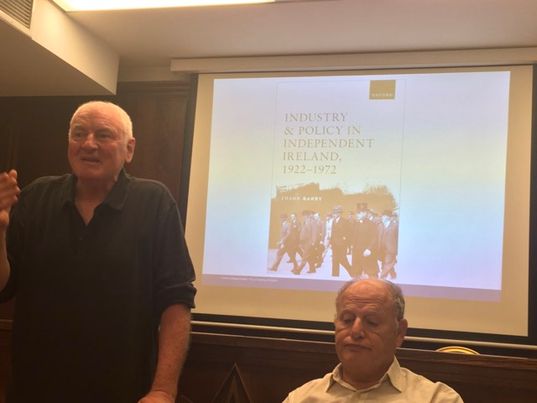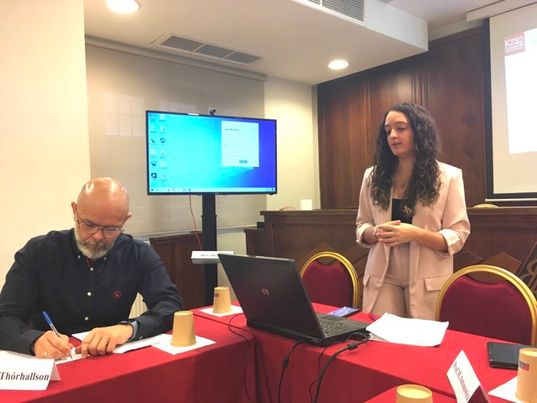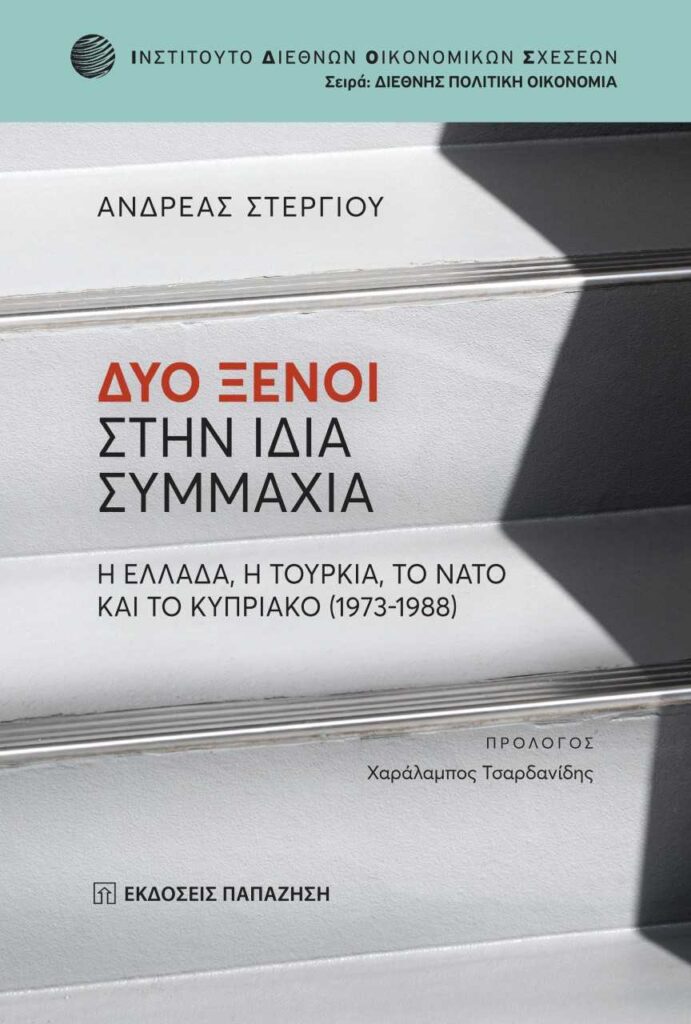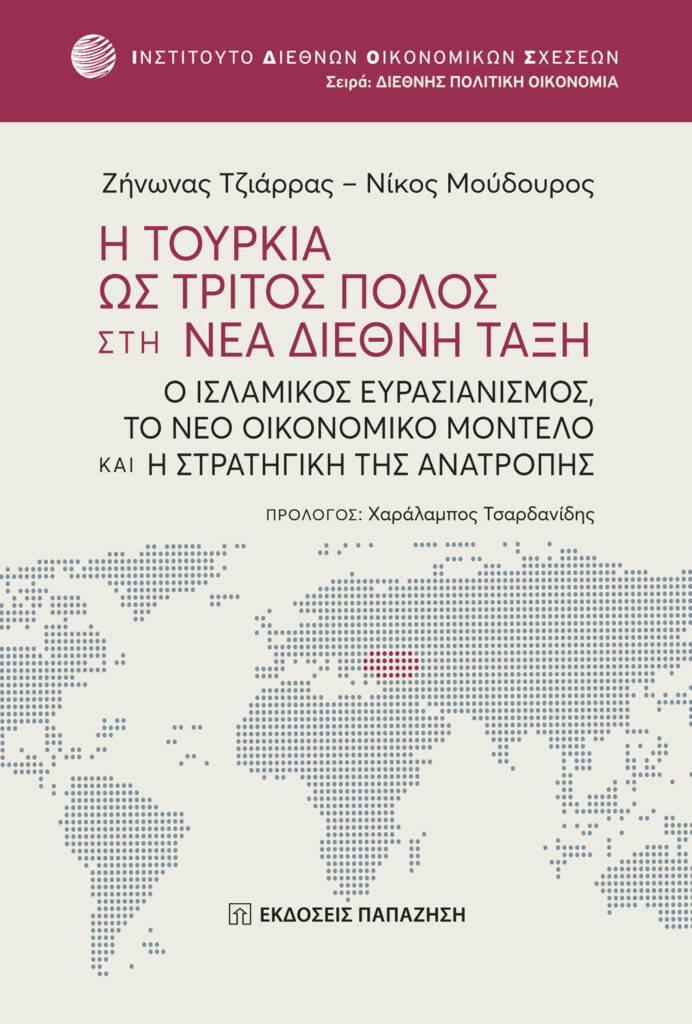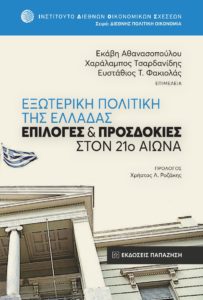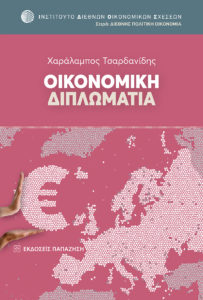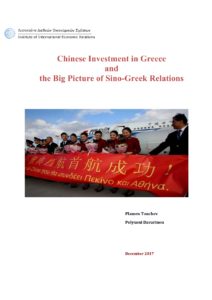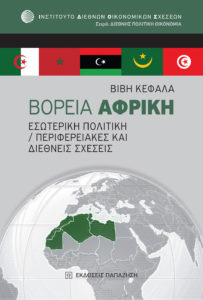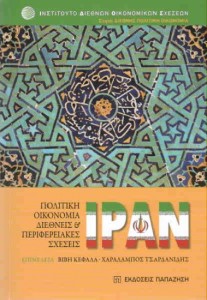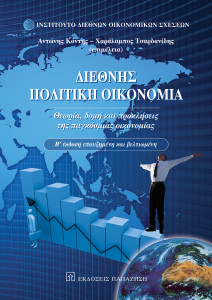The Institute of International Economic Relations (Research Program on Theory and Practice of International Relations) on 14-16 September 2023 in cooperation with Neapolis University, Paphos, the Institute of European Studies, University of Malta, the Department of Political Science and International Relations, University of Peloponnese and the Department of International and European Studies, University of Macedonia, organized a workshop on:
Europe in an Uncertain World: Openness, Resilience and Vulnerabilities of Small States and Middle Powers
Sponsors were the companies: Aktor (Ellaktor Group), Athens International Airport and the Boutaris Group.
Twenty-three papers were presented.
Distinguished academics participated including: Prof. Frank Barry, MRIA, Chair of the International Business and Economic Development Department of the Trinity Business School, Trinity College Dublin, Dublin, Prof. Alfred Tovias, Emeritus, Department of International Relations of the Hebrew University of Jerusalem, Jerusalem, Dimitris Koukoulas, former Deputy Minister of Foreign Affairs of the Hellenic Republic responsible for European Affairs and International Economic Relations, Professor, Spyros Litsas, Department of International and European Studies, University of Macedonia, Prof. Baldur Thorhallsson, Research Director, Centre for Small State Studies, University of Iceland, Reykjavik, Prof. Roderick Pace, Institute for European Studies, University of Malta, Valletta.
The workshop explored the ways in which small states and middle powers belonging to the Eurozone and the European Economic Area (EEA) dealt with the Eurozone crisis in 2008-9. It also analysed what lessons learn by the governments in order could formulate national economic and social policies and EU’s governance structures in the face of the current global uncertainty that stems from energy and food insecurity; global economic volatility; and the return of grand power rivalry because of the war in Ukraine. It also examined what specific strategies did different European small states and middle powers adopt in order to foster state capacity and resilience in the midst of today’s economic and social turmoil and if these strategies combined create a broader policy for crisis management and resilience building, in the interest of the security of their societies.
You can see the full programme here
You can see a summary of the presentations here
You can see the full list of participants here
